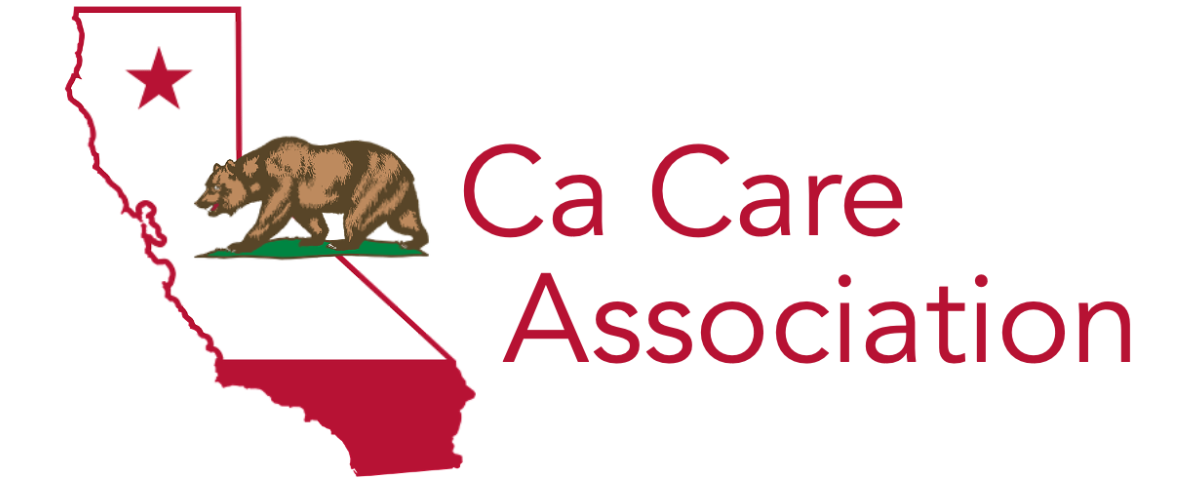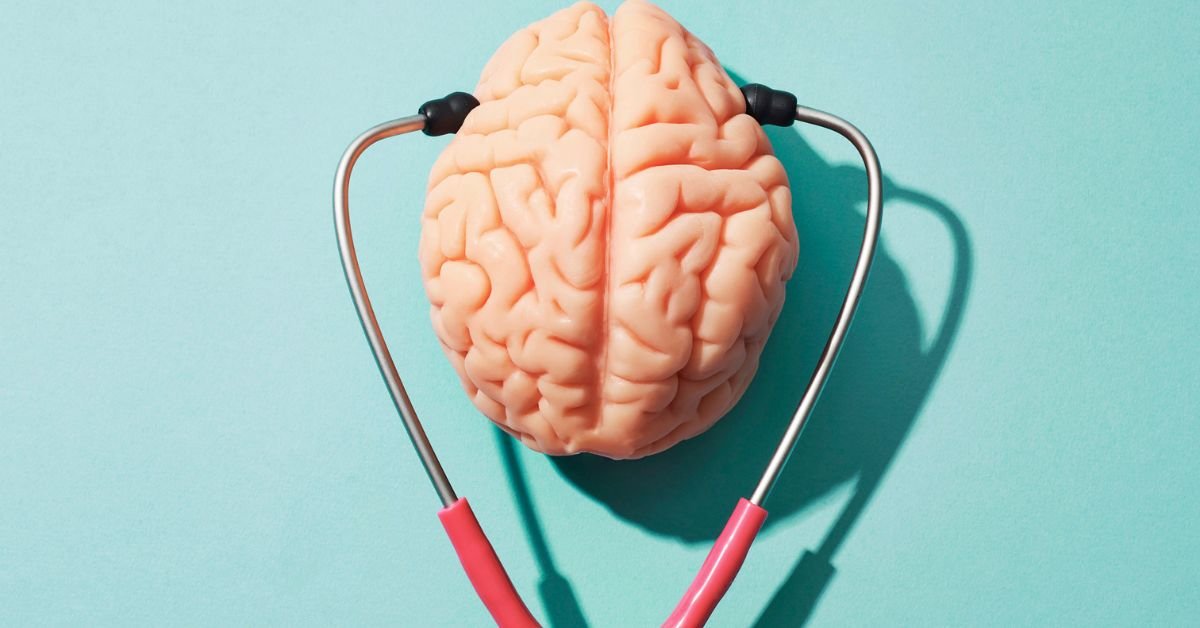Mental Health Matters: First Aid Kit for Your Mind
In tough times, our minds can take a hit, just like our bodies. When big disasters or tough situations hit, our feelings and thoughts can get all mixed up. That's why Listos California came up with something cool: the "First Aid Kit for Your Mind." It's not like a regular first aid kit with bandages, but more like a guide to help us feel better on the inside when things get really hard.
This special kit reminds us that taking care of our minds is just as important as looking after our bodies. It's like a roadmap that shows us how to stay strong mentally when life throws big challenges our way. Listos California knows that feeling okay in our minds can help us get through even the toughest times. So, let's take a closer look at what this "First Aid Kit for Your Mind" is all about and how it can help us feel better, even when everything around us seems tough.
What is the First Aid Kit for Your Mind?
The “First Aid Kit for your Mind” is a guide created by Listos California with the purpose of helping Californians maintain mental well-being, recognize when they need mental health support, and help them find guidance from diverse resources. Listos California made copies of the kit in seven different languages so that people from diverse backgrounds can read the kit too.
5 Simple Steps to First Aid Your Mind
Listos California provided 5 simple steps that you can take to first aid your mind. Follow these steps to prevent or reduce harm to your mental health, and have more peace of mind.
Step 1: Know Your Signs of Stress
Recognizing the signs of stress is like unraveling a language our bodies speak. It is important to tune and identify how our signs of stress individually because we all cope differently. This step allows us to catch stress before it goes out of control, giving us the opportunity to take action and prevent it from getting worse. Some signs of stress may include:
Mood swings, long-lasting sadness or anger
Avoidance of family and friends
Changes in sleeping, eating or drinking habits
Digestions problems (stomach aches, or heartburn)
Body pain or aches
Getting upset easily or over small things
Feeling confused and unable to focus
Worsening health problems
It is also important to note that some people are at higher risk of poor mental health when stress strikes or are faced with tough times. For example, older adults and women are twice more likely to experience depression than men. Those who experience or are experiencing conflicts with family, high-stress jobs, serious illness, trauma, abuse, racism, being bullied, addiction, etc…should all look out for signs of stress overload.
Step 2: Learn What Makes You Feel Better
This step encourages exploration and self-discovery to find what helps reduce stress and boost well-being. Whether it's engaging in hobbies, practicing mindfulness, connecting with loved ones, or engaging in physical activity, learning these personal coping mechanisms helps give us peace of mind. Here are four strategies or tips that will help you reduce stress.
Maintain healthy relationships - this includes spending more time with family and friends, and less time with people who give you negative emotions.
Care for your brain - our brain needs care too, you can do this by setting aside time for quiet, meditating, relaxing in the shower, taking deep breaths, and many more.
Daily Exercise - exercising releases happy hormones called dopamine, walk more often, and set even a small amount of time to exercise every day.
Good Sleep - nothing beats stress better than a good night’s sleep, so go get that nice good sleep every night.
Step 3: Get help When you Need it.
Asking for help isn't a sign of weakness; it's a courageous step toward healing. When stress becomes overwhelming, seeking assistance from friends, family, or professionals can provide valuable support.
Here are signs that it is time to ask for help:
Overwhelmed by lasting grief, sadness, or worry
You cant get restful sleep or you sleep too much
You find yourself behaving violently
You are misusing alcohol or drugs
Your hygiene declines
You are hearing or seeing things that aren’t real
You are having panic attacks
You are having suicidal thoughts
Where to get help:
From your health care provider
Mental health hotline. Here is California’s 24/7 mental health hotline per county https://www.dhcs.ca.gov/individuals/Pages/MHPContactList.aspx
Call your families and friends for support
Step 4: Learn How to Recover
Getting better takes time, much like healing from a physical injury. This step reminds us how important it is to be patient and kind to ourselves. Just as a broken bone needs care to heal, our minds need gentle treatment too. It's okay if things don't improve quickly; knowing that setbacks can happen and progress might be slow helps us accept our healing journey. Also always check yourself for warning signs that you might need outside help.
Step 5: Help Others
Empathy has a remarkable ripple effect – when we extend a helping hand to others, we not only lift them up but also improve our own well-being. By offering assistance, lending an ear, or simply being present for others, we contribute to a cycle of care and connection.
Here are ways that you can help others:
Ask how you can help
Listen more than you talk
Respect how they view their behavior and symptoms
If you can relate, share your own struggles but keep the focus on them
Express confidence in their ability to recover
If someone talks of hurting themselves or others, take action
What doesn’t help:
Judgment or criticism
Talking too much
Thinking you have all the answers
Forcing a solution
Blaming sin, demons, or moral and spiritual failings
Making jokes or being sarcastic
Making it about you.
Final Notes
The five steps within the "First Aid Kit for Your Mind" serve as a compass, guiding us through our mental well-being during challenging times. Each step empowers us to know ourselves better, to help ourselves, and as well as to help others.
Share this blog with others and help them know how to First Aid their minds.
Here is the link to the English pdf of “First Aid Kit for Your Mind”
https://www.listoscalifornia.org/wp-content/uploads/2023/03/FirstAidKitForYourMind_EN_web508.pdf
If you want to read more helpful blogs like this Check out our News and Resources section and be a better and smarter person.


